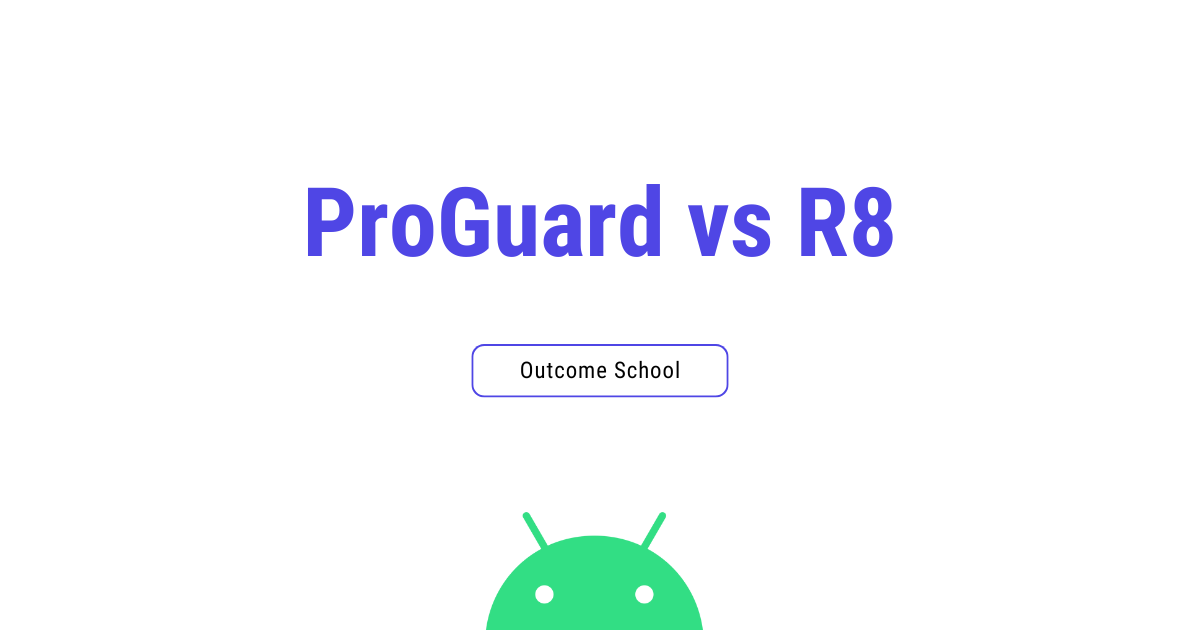ProGuard vs R8 in Android
Understanding how R8 improves build performance and APK optimization compared to ProGuard.
When it comes to reducing APK size and protecting your Android app from reverse engineering, tools like ProGuard and R8 play a crucial role. Both are designed to shrink, obfuscate, and optimize your code, but there are key differences between them that every Android developer should understand.
ProGuard/R8 does the following:
Shrink: Remove unused code from the project.
Obfuscate: Rename the names of classes, fields, etc.
Optimize: Like inlining the functions.
This way it reduces the size of the apk and makes it difficult to reverse engineer.
ProGuard vs R8
R8 is Google’s modern replacement for ProGuard, integrated directly into the Android Gradle Plugin. It performs code shrinking, obfuscation, and optimization in a single step during the build process.
R8 reduces build times by 10-20% compared to ProGuard while achieving similar or better code size reduction.
Both use similar rule syntax (ProGuard rules), but R8 has better defaults and requires less manual configuration for most Android projects.
So, both ProGuard and R8 serve the same purpose, R8 is faster, more efficient, and fully integrated into the Android build system, making it the recommended choice for modern Android development.
Prepare for your Android Interview: Android Interview Questions and Answers
Thanks
Amit Shekhar
Founder, Outcome School


